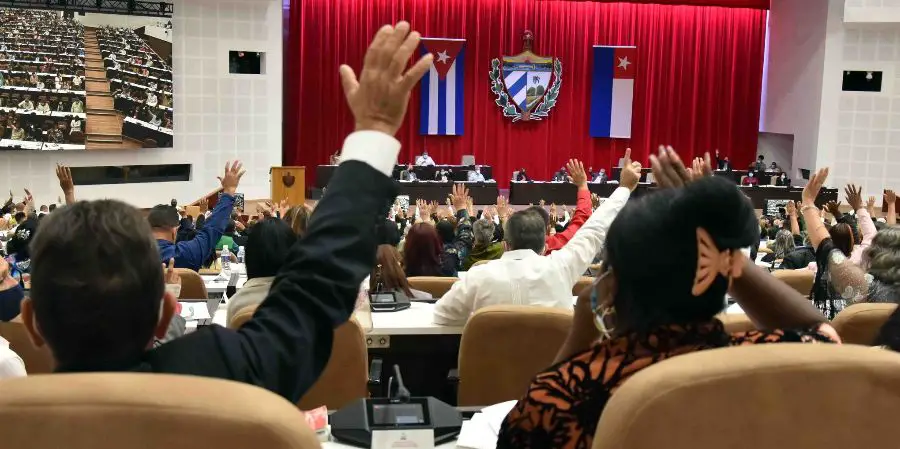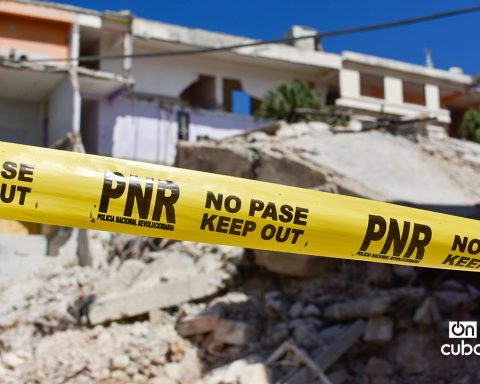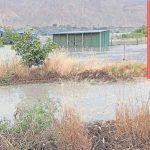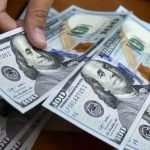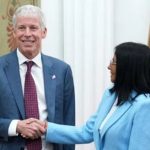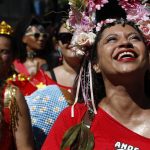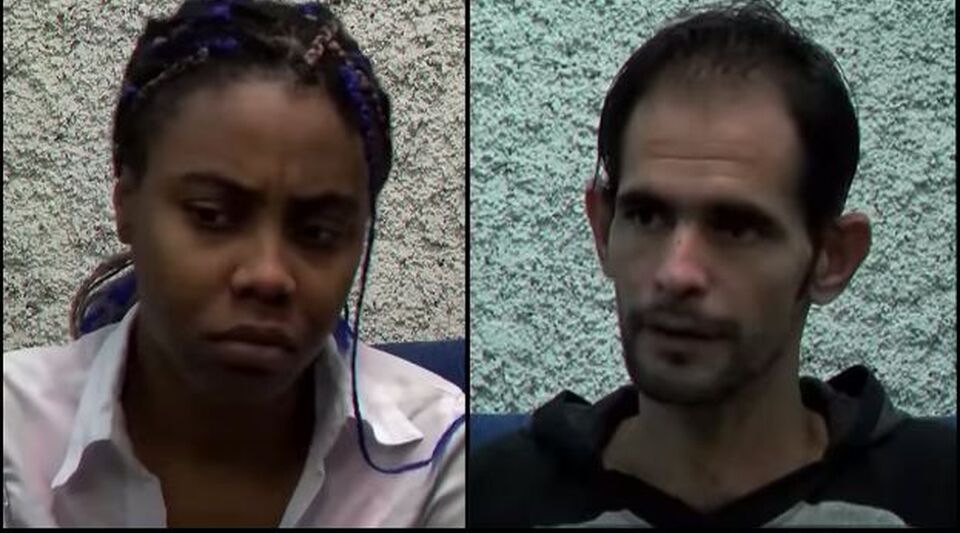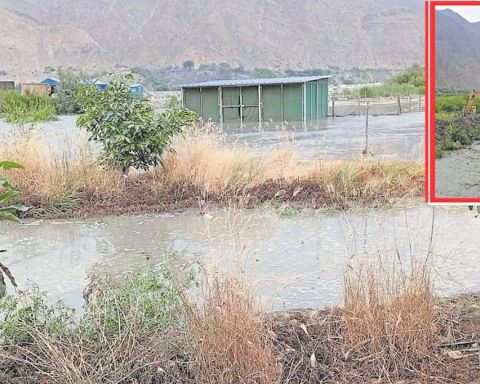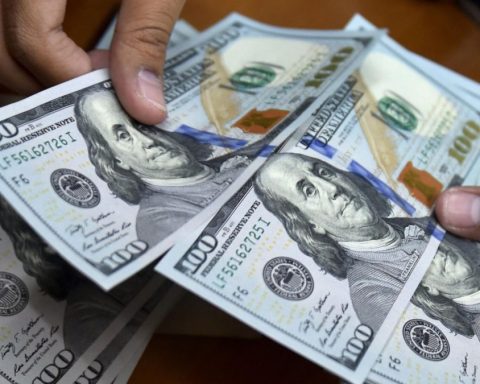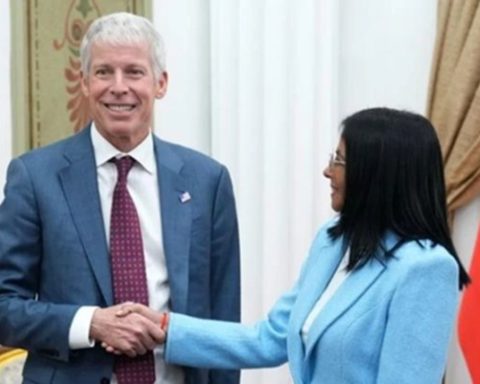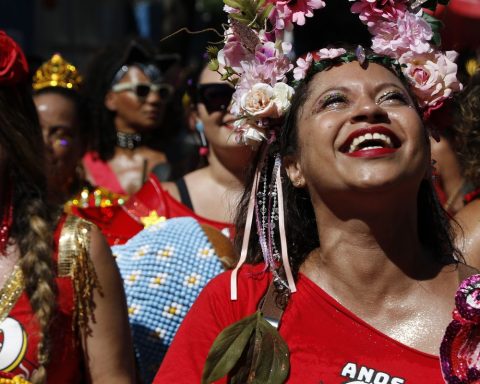Havana Cuba. – It must be good to choose seriously, it must be emotional to choose truly, and in other circumstances, without little lies, without puns. The topic of choice is extremely interesting, but also complex, perhaps because mathematicians have long been involved in the matter and created models, and even a certain Zermelo began to contribute, and then Russell, always helpful with his contributions. , but for me the choice is still something simpler, something very simple.
Since I was a child, I had a certain disposition to make distinctions and choose, to find the differences between things, even when they were similar, at least that’s what my elders said. As a child I loved to report the differences. I always loved making my own choices, distinguishing, for example, the ice cream that I would have and that, I confess, then I distinguished by its colors and not by its flavors.
When I could choose, I distinguished strawberry over chocolate and vanilla. Perhaps choosing flavors and colors was my first exercise in democracy, even when the number of options was short, even if it was very short. Undoubtedly my first choice had more to do with colors. He didn’t even speak, but an insistent chirp and the index finger of his right hand were enough to make me understand, to point out the choice of strawberry over chocolate, and other things.
In those times I used the index finger of my right hand to make choices, while crying, the huge dog, showed that something was wrong, that I was not interested in any of the other possibilities of choice that my parents or some other proposed to me. relative. Crying and head shaking to both sides were then signs of bewilderment, a show of disapproval. Crying was my way of highlighting what relegation, mess and chaos could be for me.
With my dog I made evident my refusal to choose between the options that were proposed to me. My dog was the evidence that I did not like any of those toys, any of those flavors. This is how I exercised, from my early childhood, my right to the dog, which later gained other ways, a little more calm, but just as intense as those of early childhood. And isn’t that democracy and choice?
That’s how I recognized my right to the dog, my right to choose. And that right would later gain other expressions, other forms, always intense, like this one that I now exercise. And it is that to show my confusion with the way to choose is not to accept the “guided paper”, which is what the publishers call that paper that, in the world of book publishing and the written press, warned us of the guidelines, those models or falsillas that cannot be neglected, that are obligatory.
And that’s how false the elections are in Cuba. The elections in Cuba are a ruled paper, a paper with very precise margins, and with lines, with lines that will guide the writing, especially so that this writing, and even the calligraphy, does not abandon the line, the linearity. A ruled paper is that in which the speech is written days before knowing the results of the election of a ruled president, who has unlimited vassalage and subordination among his guidelines; at least in Cuba it is that way.
The elections here are in chaos, and these lines emerge from those messes, perhaps chaotic. The elections in Cuba are based on an incomprehensible and, above all, false concept of legality and justice, of a “justice” that achieves nothing other than hindering true democracy, true justice, and that also hinders our right to movement. , did what we have long assumed is best.
And the truth is that choosing is not that complicated, the bad thing is that in Cuba there are very few options. Aren’t they null? In Cuba we have come to the conclusion that our only possibility of choosing is to decide between strawberry or chocolate, but Coppelia is almost always closed due to a lack of milk and any other component of the ice cream, or for repairs, so the decision The most substantial, the most persistent, is the one that is based on staying or leaving the country.
That must be why we do not pay much attention to the elections of candidates and deputies, much less to the supposed election of the president, above all because we already know the results in advance, above all because we already know that Díaz-Canel – there was no other option – would already have written his “thank you speech”, long before the deputies put their ballot in the ballot box, because all The information we have on possible presidents is summarized by their date of birth, the studies carried out and the political organizations to which they belong.
The phony elections took place only a few days ago but no one talks about the matter anymore, no Cuban cares, because there is nothing essential about these elections, they have nothing new, because what is essential, for us, is not, as Antoine de Saint-Germain said. Exupéry. In Cuba, those of us on the street do want what is essential to be visible to the eyes, but few dare to doubt that uniformity, and to confront it.
In Cuba, the essential, the cardinal, is rather in the kidnapped elections, in the disappeared liberties. In Cuba the essential is on the empty table and in the head full of anguish. In Cuba, the essential thing is that, with any president, whoever he chooses, the nationals will continue dreaming of travel and exile. Is there perhaps a better show of disapproval than the many escapades and the risks that those escapades carry? Isn’t that a NO? Breakaways should not be counted as votes against, as if they were NO.
The “elections” happened a few days ago, but I have kept thinking about them, and what is worse for me is that whenever I remember them, Petronio and the satiriconand its ambiguities remind me of satyrs, those dishonest libertines and, to be redundant, degenerates.
Satyrs are the deputies and their bosses, those who look at reality with reluctance and askance, in an identical way to the way the vast majority of Cubans live at the margins. Satyrs are the deputies who look with the tail of their eyes at the uprooting of young people, the majority bent on marginalization or exile. The National Assembly is a funerary monument, a stone in the shoe, a stone in a cemetery in the East of the country.
The “elections” ended a few days ago and the country, like the room in the song, is the same. The “elections”, those that are no longer talked about, ended, and we continue to be, at least for the Government, just an element that, dividing itself, fragmented into more of the same, and the more of the same, into more of the same, in a syllable of power, in a note of the national anthem, in a word, in a syllable, in a zero to the left. That will happen to the vast majority, including those members of the vast majority who gave power a vote of confidence, instead of the boot. The Assembly is a hole, a niche, a sepulcher for us, the living?
